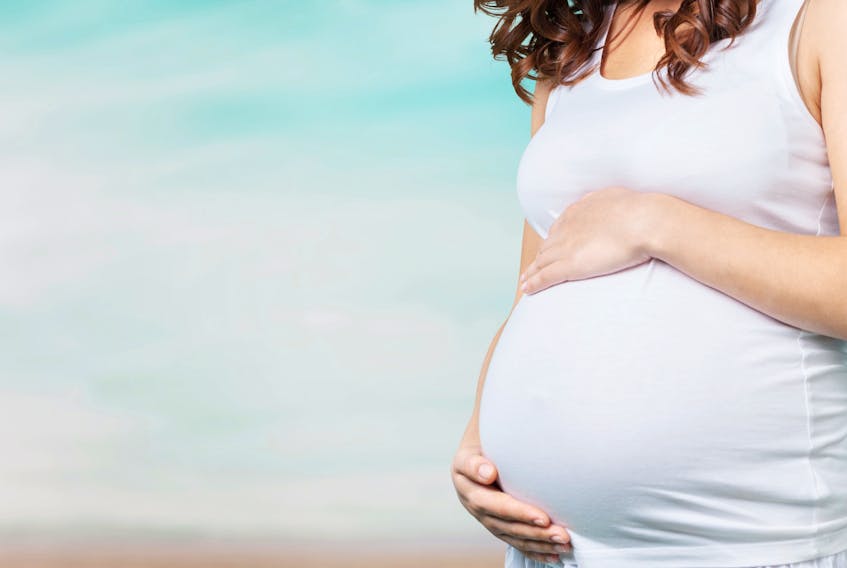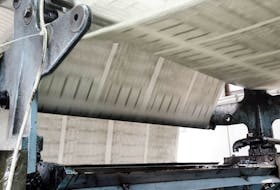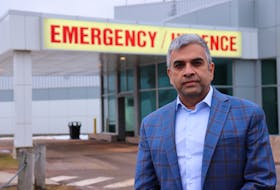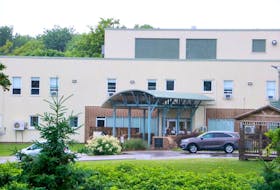Dear Dr. Wong: My sister-in-law has her first baby recently. She chose to deliver by C-section because she didn’t want to go through the pain and distress of labour and delivery. I am in the middle of my first pregnancy. I am undecided whether I should ask for an elective C-section or not. Is there any harm to my baby if I choose C-section?
Answer: I am glad that you are asking this question before you make up your mind. There is research suggesting that natural vaginal birth is better for you and your baby.
Since the introduction of modern medicine, there was a marked decrease in complications and death for mothers and babies around childbirth. This is mostly due to better prenatal care for mothers, from doctors, midwives and nurses specialized in maternal care.
The most dangerous part of pregnancy is labour and delivery. Things can change very quickly and dramatically. The placenta can separate from the uterus before the baby is born; this can result in severe bleeding from the mother and baby. Urgent intervention, including blood transfusion and emergency C-section, is needed to prevent serious harm and death to both of them.
The umbilical cord can drop into the mother’s birth canal before the baby; this is called prolapse cord. His head can compress the umbilical cord, preventing blood and oxygen from going to him. This can be detected quickly with fetal monitoring of his heart beat. Doctors and nurses can quickly recognize this dangerous problem and intervene by emergency C-section.
There are many other situations when things can go wrong during labour and delivery. With an experienced obstetrical team of nurses and doctors, most mothers and babies do very well across the country. Advances in anesthesia also allow many mothers to stay awake during C-section and bond with their babies right after birth.
As a result of the safety of C-section, some mothers in developed and developing countries are opting for elective C-section, delivering their babies without going through labour, in order to avoid the distress and pain associated with natural childbirth. Recent research, however, suggests that this may not be the best decision for the babies.
During natural vaginal birth, the amniotic membranes rupture before the baby is born (this is also called water break). She is exposed to normal germs present in the mother’s birth canal. These germs will enter her stomach when she swallows and cover her skin, eyes, nose, ears and mouth. They become her microbiome, the diverse community of microorganisms on her body and inside her intestinal tract.
If a baby’s is born by C-section before the onset of labour, without the rupture of membranes, he is only exposed to the sterile surgical field. After birth, he will pick up the normal germs from his mother and other caretakers. If his mother is breastfeeding, some healthy germs can pass from the breasts to him.
Research indicates that there is a difference in diversity of microbiome in babies born through the mother’s birth canal compared with C-section; the diversity is much richer in those born vaginally. Breastfeeding after birth can provide babies with more natural germs. However, many mothers who have undergone C-section found that breastfeeding was harder to initiate; it may be partly due to anesthesia, and partly due to the surgical wound.
Ideally, if you don’t have any complications, it is best for you to go through natural labour and delivery. Most hospitals across Canada provide epidural anesthesia, which can reduce the pain and discomfort associated with childbirth. If you have complications that call for C-section, you can discuss with your doctor whether it is safe for you to have natural labour, and allow the membranes to rupture, before proceeding to C-section.
In this way, your baby can be exposed to the natural germs in your vagina; hopefully, he can still acquire some of the diverse microbiome that way.
Dr. David Wong is a consultant pediatrician in Summerside and recipient of 2012 Distinguished Community Paediatrician Award of Canadian Paediatric Society. His columns appear in the Guardian on the last Tuesday of every month. You can see a collection of his previous columns at Askdrwong.ca. If you have a question for Dr. Wong, please mail it to Prince County Hospital, 65 Roy Boates Ave., Summerside, P.E.I., C1N2A9.









